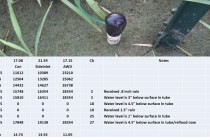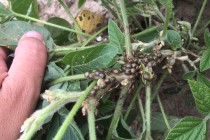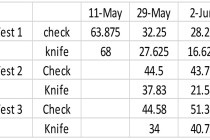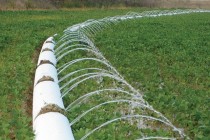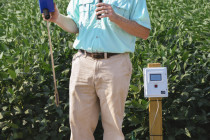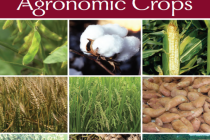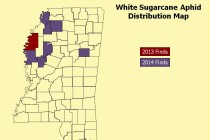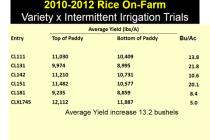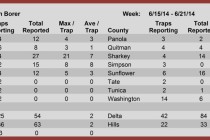👤Angus Catchot, Extension Entomologist
🕔14:23, 19.Jun 2014
Square retention is a critical component of early season plant bug management. I would strongly encourage you to take square retention counts along with your sweep net counts prior to bloom. Not only does this help in the decision making process of treating plant bugs, but it also helps you to get a better idea of how the products you are applying are working. Numbers alone can be deceiving when adults are steady moving into the field. When large numbers of adults are migrating into a field it is not uncommon to have as many or more plant bugs 4-5 days after a spray than you did before you sprayed and it still would not equate to a control failure.
Read Full Article▸

